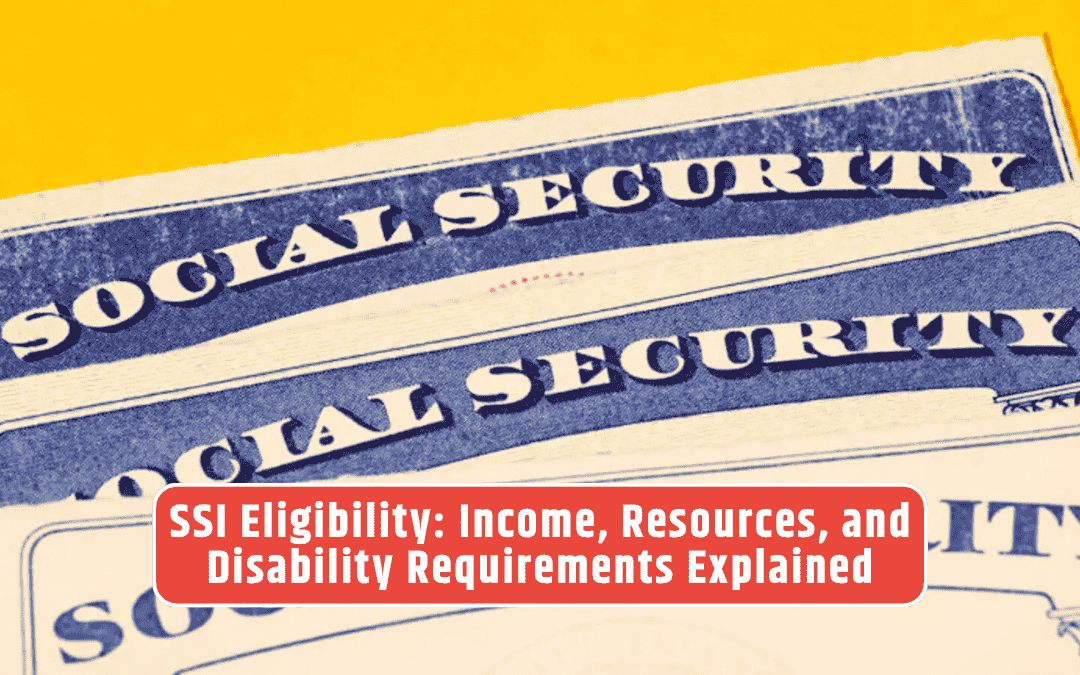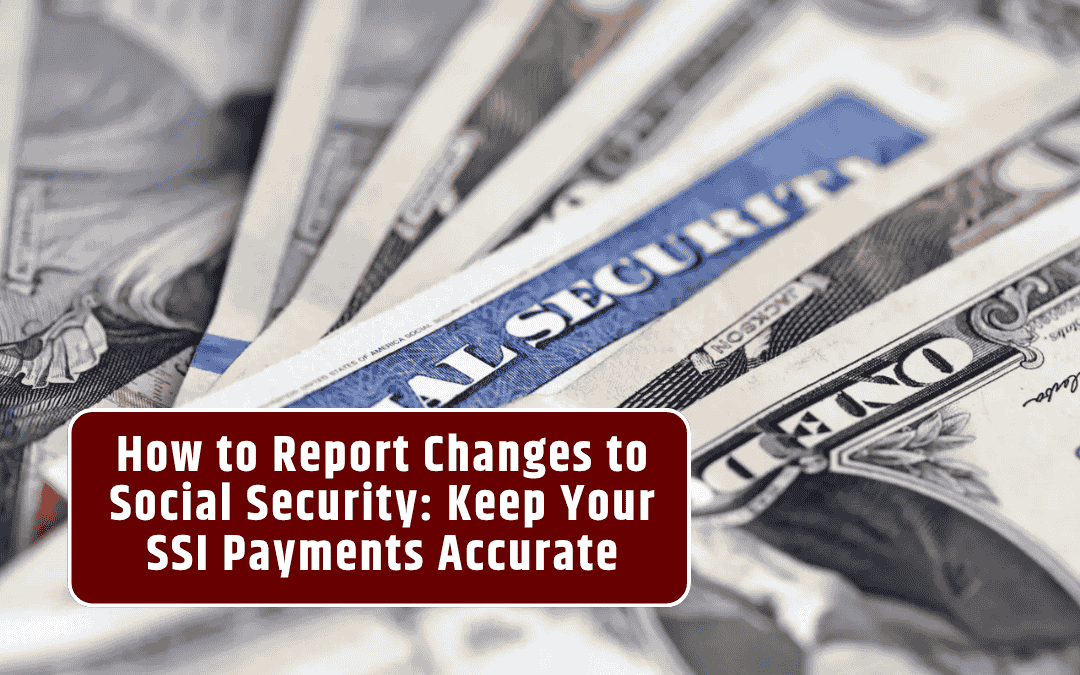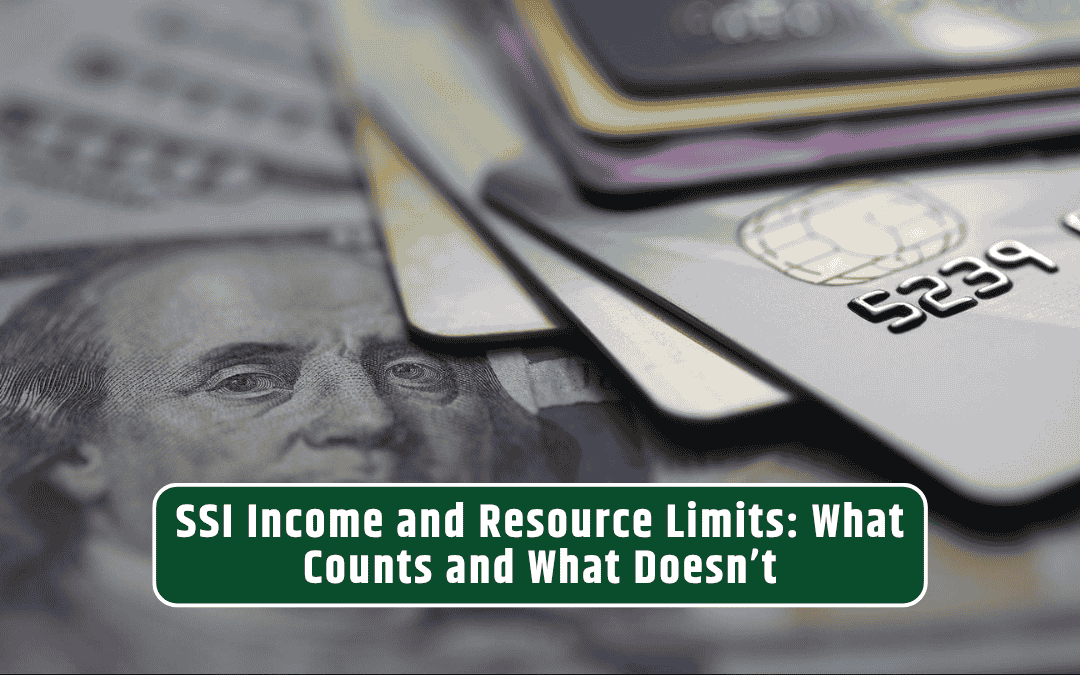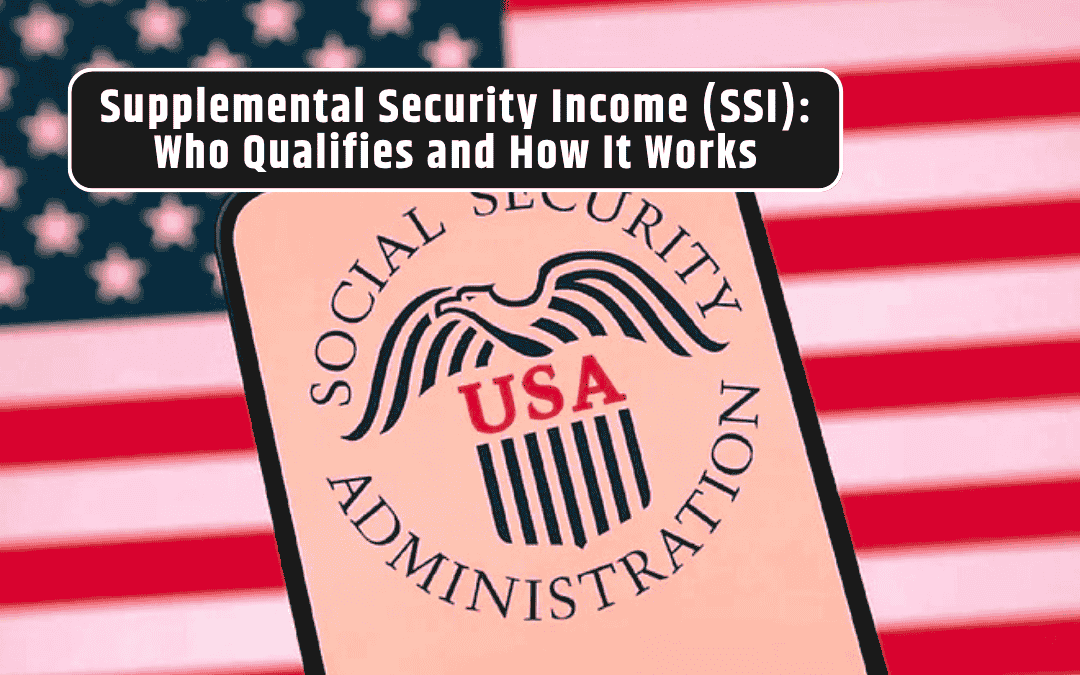The Supplemental Security Income (SSI) program provides monthly payments to help people with limited income and resources meet basic needs for food, clothing, and shelter.
To qualify, applicants must meet specific criteria related to income, assets, and either age or disability. Certain rules also apply to noncitizens living in the United States.
1. You Must Have Little or No Income
To qualify for SSI, you generally must have limited or no income. This includes money earned from work as well as other income such as Social Security benefits, disability payments, unemployment compensation, and pensions.
For 2025, SSI is typically for individuals who earn no more than $2,019 per month from work. The income limit is higher for couples and parents applying for children, since household size affects eligibility.
Even if you earn below the limit, other forms of income may also be counted when determining eligibility. The Social Security Administration (SSA) reviews both earned income (like wages) and unearned income (like benefits or gifts).
2. You Must Have Limited Resources
In addition to income limits, SSI has resource limits, which include the value of the things you own. Common resources include vehicles, cash, savings accounts, and other financial assets.
To qualify, your total resources must not exceed:
- $2,000 for individuals
- $3,000 for couples
If you’re a parent applying for a child, these limits increase by $2,000. Some assets—like your primary home, one vehicle, and certain personal items—don’t count toward the limit.
3. You Must Have a Disability or Be Age 65 or Older
To qualify based on disability, you must have a medical condition that meets Social Security’s strict definition of disability. This means your condition must:
- Prevent you from working or earning more than $1,550 per month (as of 2025)
- Last or be expected to last at least one year, or
- Result in death
For children under 18, the SSA considers whether a condition severely limits daily activities instead of focusing on work ability.
If you’re age 65 or older, you can qualify for SSI based on age alone—you don’t need to have a disability.
Additional Rules for Noncitizens
Certain noncitizens can also qualify for SSI, but the rules are stricter. Eligibility depends on immigration status, length of residence in the U.S., and whether the individual has lawful permanent residency.
In most cases, noncitizens must:
- Be lawfully residing in the U.S.
- Have a qualified immigration status (such as lawful permanent resident, refugee, or asylee)
- Meet the same income, resource, and disability or age requirements as U.S. citizens
Keeping Your Eligibility
Once approved, SSI recipients must report any changes in income, assets, or living arrangements. Even small changes can affect your monthly benefit amount. Reporting on time helps prevent overpayments or interruptions in your benefits.
You can report updates through your my Social Security account, by phone, or by visiting your local SSA office.
A Lifeline for Those Who Need It Most
SSI remains a critical safety net for millions of Americans who are elderly, blind, or disabled and have limited financial means. Understanding the eligibility requirements helps ensure that applicants can access the support they need while staying in compliance with federal program rules.
FAQs
Who is eligible to receive Supplemental Security Income (SSI)?
You may be eligible for SSI if you have little or no income, few financial resources, and meet at least one of the following criteria: you are age 65 or older, blind, or have a qualifying disability. SSI is based on financial need, not your work history or past Social Security contributions.
What is the income limit for SSI eligibility?
In 2025, individuals generally must earn less than $2,019 per month from work to qualify for SSI. The limit increases for couples and when parents apply for children. The Social Security Administration also counts other income, such as disability benefits, unemployment, or pensions, when determining eligibility.
What are the SSI resource limits?
Your total resources, including things you own like vehicles or bank account funds, cannot exceed $2,000 for individuals or $3,000 for couples. For parents applying for a child, the limit increases by $2,000. Some assets, such as your home and one vehicle, do not count toward this limit.
How does the Social Security Administration define disability for SSI?
To qualify for SSI based on disability, you must have a medical condition that prevents you from working and is expected to last at least one year or result in death. For children, the condition must severely limit daily activities. People 65 or older do not need to have a disability to qualify.
Can noncitizens qualify for SSI benefits?
Yes, certain noncitizens may qualify for SSI if they are lawfully residing in the U.S., have a qualified immigration status such as lawful permanent resident, refugee, or asylee, and meet all income, resource, and disability or age requirements. Rules vary depending on immigration status and residency length.
Do I need to report changes to my income or resources?
Yes. You must report any changes in income, resources, or living situation each month to ensure your benefit amount remains accurate. You can report these changes online through your my Social Security account, using the SSI Mobile Wage Reporting app, or by contacting your local SSA office.









